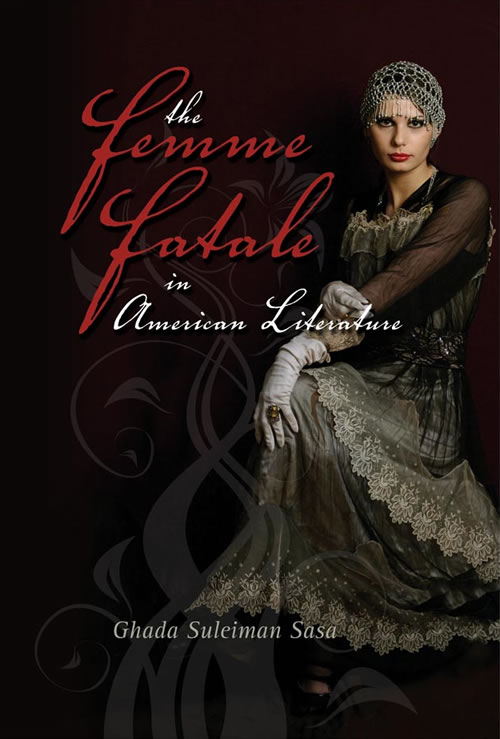Grace Lee Boggs, Human Rights Advocate for 7 Decades, Dies at 100Posted in Articles, Asian Diaspora, Biography, Media Archive, United States, Women on 2015-10-09 15:29Z by Steven |
Grace Lee Boggs, Human Rights Advocate for 7 Decades, Dies at 100
The New York Times
2015-10-05

Ms. Boggs and her husband, James. Credit LeeLee Films, Inc.
Grace Lee Boggs, one of the nation’s oldest human rights activists, who waged a war of inspiration for civil rights, labor, feminism, the environment and other causes for seven decades with an unflagging faith that revolutionary justice was just around the corner, died on Monday at her home in Detroit. She was 100.
Her death was confirmed by Alice Jennings, her friend and legal trustee.
Born to Chinese immigrants, Ms. Boggs was an author and philosopher who planted gardens on vacant lots, founded community organizations and political movements, marched against racism, lectured widely on human rights and wrote books on her evolving vision of a revolution in America.
Her odyssey took her from the streets of Chicago as a tenant organizer in the 1940s to arcane academic debates about the nature of communism, from the confrontational tactics of Malcolm X and the Black Power movement to the nonviolent strategies of the Rev. Dr. Martin Luther King Jr., and finally to her own manifesto for change — based not on political and economic upheavals but on community organizing and resurgent moral values…
…In 1953, she moved to Detroit and married James Boggs, a black autoworker, writer and radical activist. The city, with its large black population, racial inequalities and auto industry in its postwar heyday, seemed poised for changes, and the couple focused on African-Americans, women and young people as vanguards of a social movement…
Read the entire obituary here.




